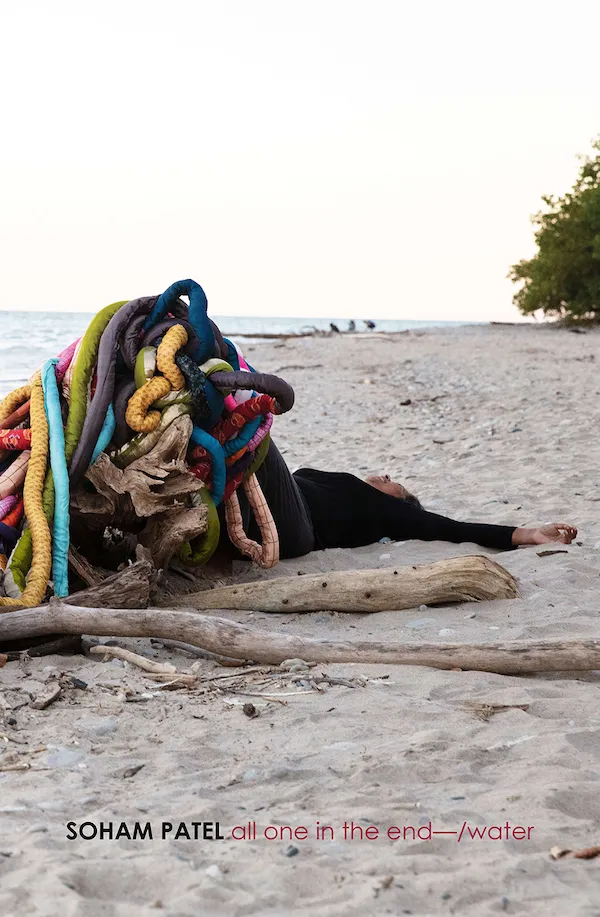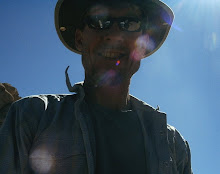by Tracy K. Smith
When you were twelve and I was two.
Hong Kong Phooey, Fat Albert & the Cosby Kids.
In the '70s, everything shone bright as brass
It was always autumn, blue sky, flimsy clouds.
This was the '70s. Every bright day a brass
Trombone slept, leaning in your room.
Of steam clotted the windows near the stove (and
Slept in the trombone kept in your room). You
Wrote a poem about the sea and never forgot it.
Where Mom stood sometimes staring out.
I forget now what there was to see.
So much now gone was only then beginning.
Dad and Mike taught me to ride a two-wheeler.
So much was only then beginning. Should
I have been afraid? The hedges hummed with bees,
Running a long beside me until you didn't have to hold on.
Who was afraid? The hedges thrummed with bees
That only sang. Every happy thing I've known,







